Resource Extraction
Resource extraction refers to the process of obtaining natural resources from the earth. This can include minerals, fossil fuels, and other valuable materials. The extraction of these resources is essential for various human activities and industries, but it also has significant environmental and social impacts.
Types of Resource Extraction
- Mining: This involves the extraction of minerals and other geological materials from the earth, such as coal, gold, and copper.
- Drilling: Drilling is used to extract fossil fuels such as oil and natural gas from beneath the earth's surface.
- Logging: Logging involves the cutting and removal of trees for timber and wood products.
- Fishing: Fishing is the extraction of fish and other seafood from oceans, rivers, and lakes.
Environmental and Social Impacts
The extraction of resources can have several negative impacts on the environment, including deforestation, habitat destruction, air and water pollution, and soil erosion. Additionally, resource extraction can lead to social issues such as displacement of indigenous communities, loss of traditional livelihoods, and conflicts over land and resources.
Study Guide
Here are some key points to remember when studying resource extraction:
- Define resource extraction and provide examples of different types of extraction.
- Explain the environmental impacts of resource extraction, including deforestation, pollution, and habitat destruction.
- Discuss the social impacts of resource extraction, such as displacement of communities and conflicts over resources.
- Explore the importance of sustainable practices in resource extraction and the role of government regulations and policies.
- Consider the future of resource extraction and potential alternative sources of energy and materials.
Understanding resource extraction is essential for comprehending the relationship between human activities and the natural environment. It also provides insights into the challenges and opportunities for sustainable resource management.
[Resource Extraction] Related Worksheets and Study Guides:
.◂Science Worksheets and Study Guides Sixth Grade. Fishes, Amphibians, and Reptiles
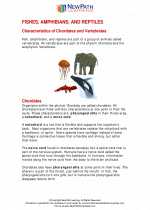
 Activity Lesson
Activity Lesson
 Worksheet/Answer key
Worksheet/Answer key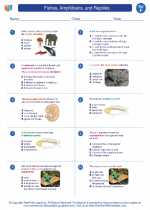
 Worksheet/Answer key
Worksheet/Answer key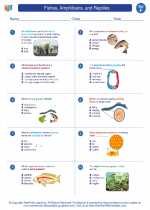
 Worksheet/Answer key
Worksheet/Answer key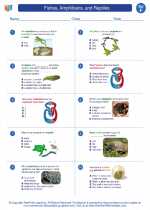
 Worksheet/Answer key
Worksheet/Answer key
 Vocabulary/Answer key
Vocabulary/Answer key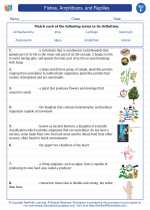
 Vocabulary/Answer key
Vocabulary/Answer key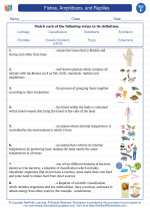
 Vocabulary/Answer key
Vocabulary/Answer key
 Vocabulary/Answer key
Vocabulary/Answer key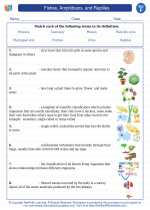
 Vocabulary/Answer key
Vocabulary/Answer key
